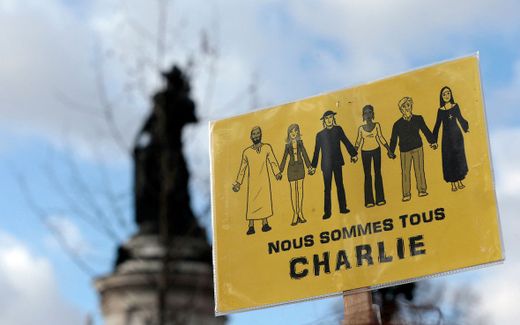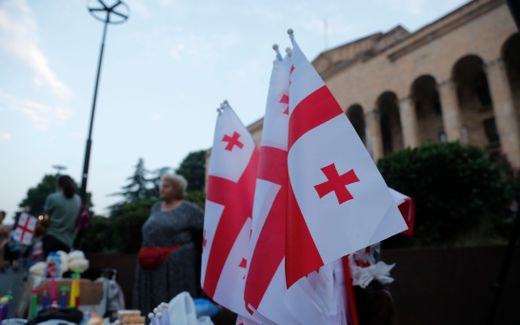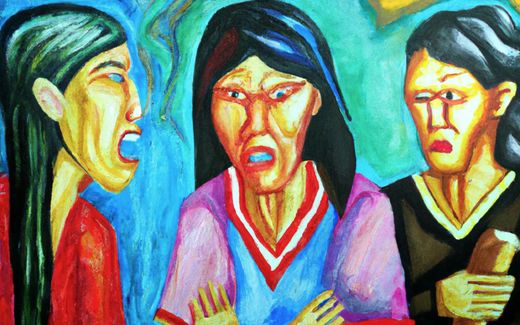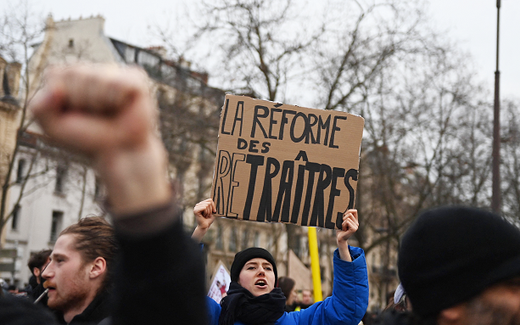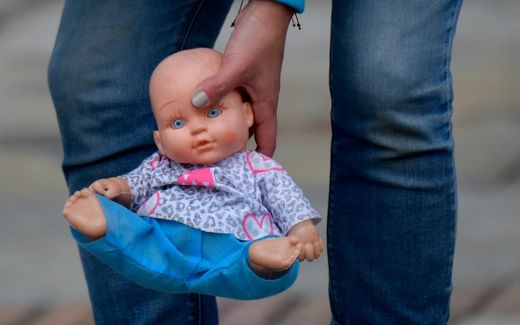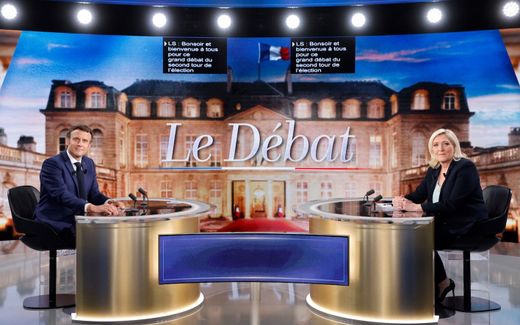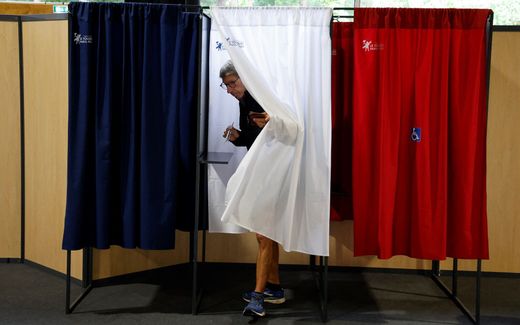Column from Paris: Serving the Republic in times of unrest
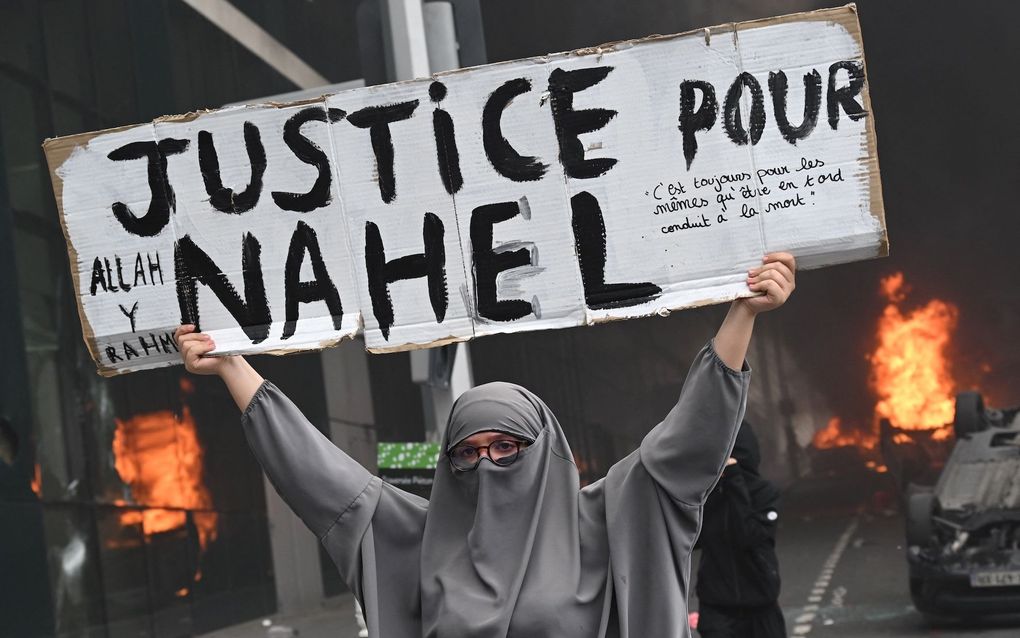
Justice for Nahel. This slogan was seen in the French streets in the past few days. Nahel was a French man who died after police action. Photo AFP, Bertrand Guay
Christian Life
Angry people, burning cars and cracked shop windows. That is the picture of Paris that the world sees this week. But there is more. Also, Christians know to work for the common good in this city.
Last Friday, I was on a business trip from the suburbs where I live to the centre of Paris. I had to walk a few hundred metres. In doing so, I passed an area scarred by the urban violence that our country, France, has recently experienced.
The pavements were littered with burnt-out cars, the wreckage of vandalised shop windows and ransacked bus shelters. I was stunned to discover the stigmata of a rage that turned into looting over the following days in several towns in France, many of them in the Paris region.
Since 30 June, more than 1,250 people have been brought before the courts, of whom 380 are imprisoned. Since the start of the riots, more than 3,500 people have been arrested, and almost 6,000 vehicles have been set on fire.
Nahel
The death of young Nahel, following a police stop during a road check, triggered riots in many neighbourhoods where young people say the police stigmatise them. This anger, driven by discrimination, led to the deliberate destruction of administrative buildings, symbols for these young people of a political elite that has abandoned them.
Rioters targeted town halls, schools and public establishments, some armed with mortars. Several homes of elected representatives were also attacked, as in the case of the mayor of Haÿ-les-Roses, a town south of Paris.
To explain this targeted violence, political editorialists argue that drug dealers have taken advantage of the chaotic situation surrounding the Nahel tragedy to take revenge for the crackdown on drug trafficking that mayors have been waging for years in their municipalities.
Mayors are voicing their concerns, and some are even on the verge of resigning. 220 of them, whose municipalities were victims of violence during the riots, were recently received by the President of the Republic, Emmanuel Macron, to tell them of the government's solidarity and determined action.
Coexistence
Everyone knows that this is a long-term task, as the mayor of the town where I live acknowledged during an impromptu speech at a picnic organised by the Collectif Abraham, which brings together the religious leaders of Massy. The mayor of Massy acknowledged the decisive role played by religious leaders and associations in promoting coexistence, dialogue and social peace.
Throughout the year, Catholics, Protestants, Muslims and Jews work together to reach out to young people by visiting schools that are willing to host them and by organising conferences to help them get to know each other better so that they can better respect each other's differences. We know that education and the day-to-day experience of a peaceful social fabric are essential assets for a society where everyone is recognised and accepted.
During these trying hours for our neighbourhoods and country, France's religious leaders, who have long been committed to harmony and fraternity, relayed this call for dialogue and peace. We share the grief of Nahel's family and pray for them, especially for his mother. We hear the suffering and anger being expressed. We also affirm with one voice that violence is never an effective way.
We demean effective ways of destroying schools, shops, town halls, means of transport, etc. The first to suffer the consequences of this are the residents, families and children of these neighbourhoods.
Peace
In these challenging times, we call for the necessary bond of trust between the public and the forces of law and order, who have given so much during the ordeals our country has been through, to be safeguarded and consolidated. We encourage our leaders and the nation's elected representatives to work together responsibly to restore justice and peace.
May all believers today, more than ever, be servants of peace and the common good. We are all available to contribute to this.
As Christians imbued with the message of the Gospel, good news for our world, it is our responsibility to bring words of peace and to commit acts of love to our loved ones, our neighbours, our colleagues and our acquaintances. At the cost of this individual commitment, a society is built on serenity and mutual respect.
What kind of life do we want together? What are the fundamental values that matter to us? A vast subject for reflection and action!

Marc Derœux (1965) is a French pastor, connected to the Baptist Federation (FEEBF).
At the moment, he serves as the director of the language school Center des Cèdres in Massy (near Paris).
Before, he served as a minister in Lille, Lyon and Valence. He is involved in the National Council of Evangelicals in France (CNEF).
Derœux is married to the schoolteacher Catherine, with whom he has three children.
Related Articles


